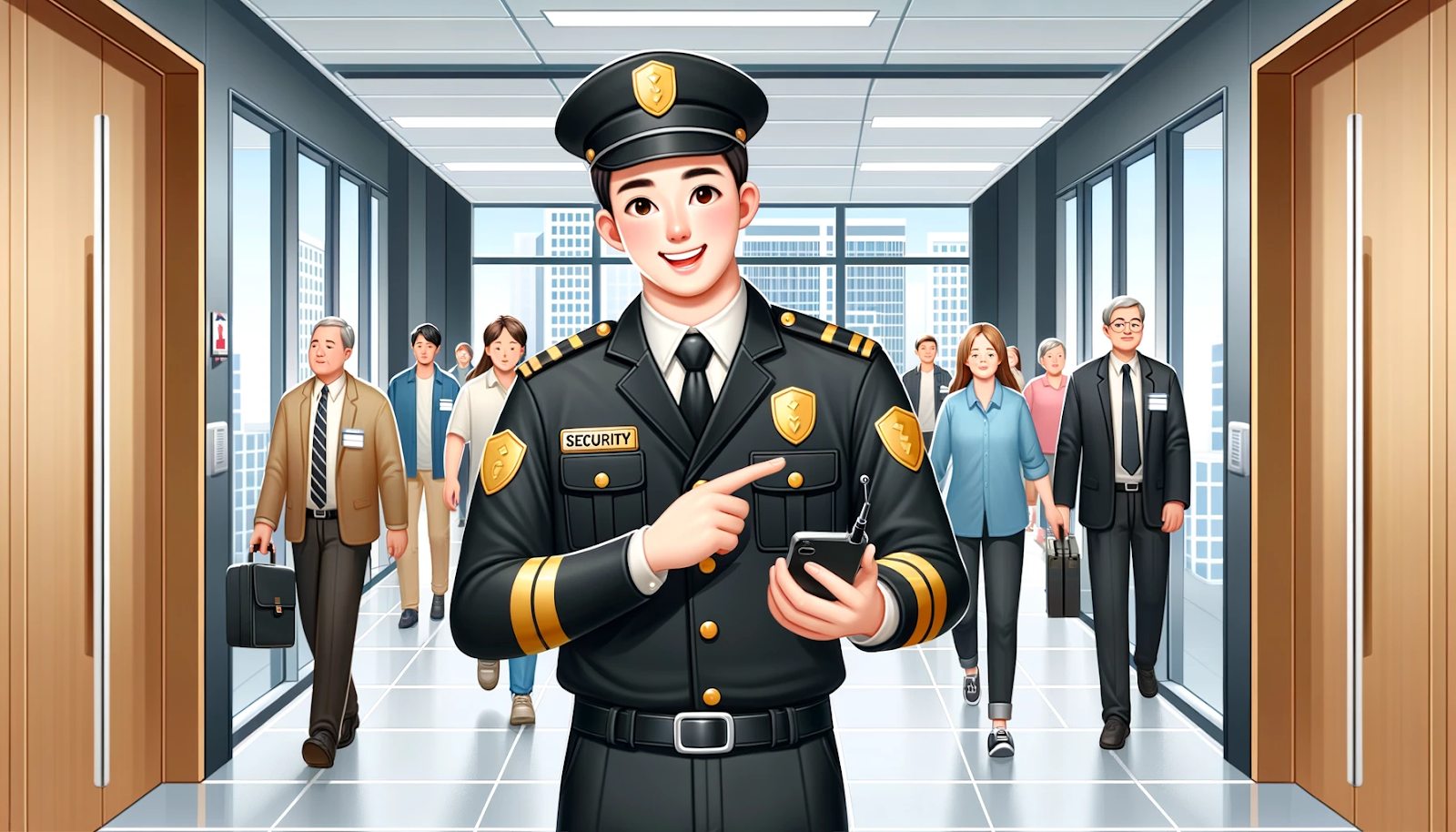In the world of property management and corporate security, it is crucial to ensure that your security team is well-prepared for any emergency. Emergency response training equips security guards with the skills they need to handle various crises efficiently, ensuring the safety of everyone involved. This blog post delves into the essential components of emergency response training, including evacuation procedures and emergency aid, providing a comprehensive guide for property managers, chief security officers, and security company hiring managers.
The Importance of Emergency Response Training
Emergency response training is vital for security guards because it prepares them to act swiftly and effectively during critical situations. Whether it's a fire, medical emergency, or security threat, well-trained guards can distinguish between controlled and chaotic situations. Proper training ensures that guards know how to:
- Assess the situation quickly
- Communicate effectively with emergency services
- Evacuate people safely
- Provide first aid until professional help arrives
Key Components of Emergency Response Training
1. Evacuation Procedures
Evacuation procedures are a fundamental part of emergency response training. Security guards must know the property's layout, including all exits and evacuation routes. Training should cover:
- Identifying safe exits and alternative routes
- Assisting individuals with disabilities or special needs
- Using evacuation equipment such as fire extinguishers and alarms
- Coordinating with local emergency services
2. Emergency Communication
Effective communication is crucial during emergencies. Guards must be trained to:
- Use radios and other communication devices efficiently
- Provide clear and concise information to emergency services
- Keep the property management team informed
- Calmly relay instructions to occupants during an evacuation
3. First Aid and Emergency Aid
First aid training equips security guards with the skills to provide immediate care in medical emergencies. Training should include:
- CPR (Cardiopulmonary Resuscitation)
- AED (Automated External Defibrillator) usage
- Basic wound care and bandaging
- Recognizing signs of medical conditions like strokes or heart attacks
4. Scenario-Based Drills
Practical, hands-on experience is a critical aspect of training. Scenario-based drills help guards practice their skills in realistic settings. These drills should simulate various emergencies, such as:
- Fire outbreaks
- Active shooter situations
- Natural disasters like earthquakes or floods
- Medical emergencies
Benefits of Comprehensive Training
Investing in comprehensive emergency response training for your security team has numerous benefits, including:
- Enhanced safety for occupants and property
- Increased confidence and competence among security guards
- Improved response times during emergencies
- Better coordination with emergency services
- Reduced liability and compliance with safety regulations
Implementing an Effective Training Program
To implement an effective emergency response training program, follow these steps:
- Assessment: Evaluate the specific needs and potential risks of your property.
- Customization: Tailor the training program to address these needs and risks.
- Professional Trainers: Hire certified trainers who specialize in emergency response.
- Regular Drills: Conduct regular drills to keep skills sharp and updated.
- Continuous Improvement: Regularly review and update the training program based on feedback and new developments.
FAQs
What is the first step a security guard should take in an emergency?
The first step is to assess the situation quickly and determine the nature of the emergency. This helps in deciding the subsequent actions, such as calling emergency services, evacuating the area, or providing first aid.
How often should emergency response training be conducted?
Conduct refresher training and drills at least twice a year to ensure that guards' skills remain sharp and up to date.
Can security guards administer medication in an emergency?
Security guards are typically trained to provide basic first aid and use AEDs. Administering medication is generally outside their scope unless they have specific medical training and certification.
What should be included in an emergency response kit for security guards?
An emergency response kit should include first aid supplies, flashlights, batteries, communication devices, fire extinguishers, and personal protective equipment.
How do security guards coordinate with emergency services?
Security guards should have a clear communication plan, including protocols for contacting and updating emergency services. They should also be familiar with the property's layout to guide emergency responders efficiently.
By ensuring your security guards are well-trained in emergency response, you can significantly enhance the safety and security of your property, providing peace of mind for everyone involved.
.png)
.png)
.png)

.png)
.png)

.png)
.png)
.png)
.png)
